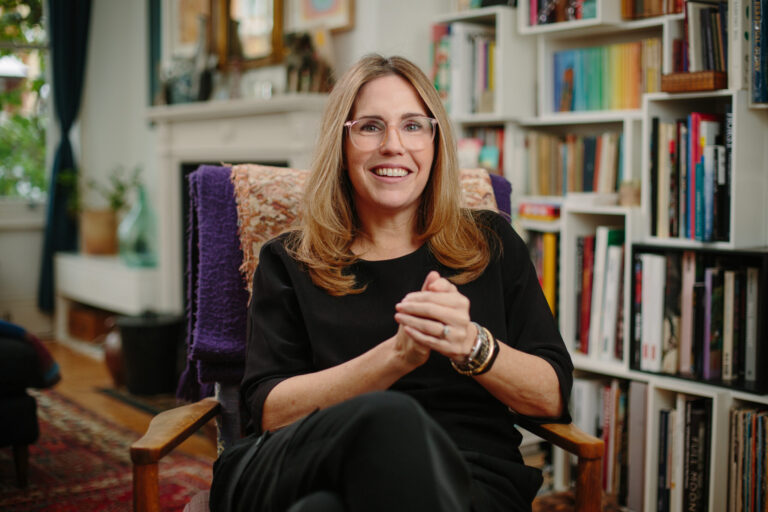Season 3: Building business resilience
How renewables will revolutionise energy independence

The energy crisis continues to make headline news. It’s time to end our dependence on those dirty, polluting fossil fuels and move to a cleaner, greener future. And with renewable energy nine times cheaper than fossil fuel, making the change means that together, small businesses can play a huge part in turning the country’s energy green—saving both money and the planet.
But limiting ourselves to sun, sea, and wind power is so 20th century! A revolution is coming. With almost £20 million of funding, the Eden Geothermal Energy Project is ready to harness the fully sustainable power of renewable geothermal energy. It was a huge undertaking, and I fully accept that geothermal energy won’t be an option for everyone, but shouldn’t your business be a part of the renewable energy revolution?
The big idea behind geothermal
So, what exactly is geothermal energy? It’s one of the earth’s great untapped, low-carbon, sustainable, and renewable energies. It’s directly beneath our feet and can provide heat and energy security all year round, regardless of our weather. As a country, we have the technology to achieve this but lack the will and the ambition to commit on a broader scale.
But Eden is already there. Beneath our spectacular Rainforest biome, we’ve dug a hole just 25cm wide that goes 5.3 kilometres (3.3 miles) towards the earth’s core to release heat that’s 187ºC. Hot enough to heat the biomes and over 6,000 square metres of greenhouses—even 34,000 homes around us.
We’re actively demonstrating a circular ecology using geothermal energy that could give the country complete energy independence within a few years. And as it’s so energy-rich, everyone can afford to have it.
Harnessing geothermal energy
In the meantime, there’s nothing to stop your business from benefiting from renewable energy—right now. By harnessing the technology, you can heat your business year-round, reduce your exposure to fluctuating or rapid energy price changes or disruption, and become resilient through energy independence sooner than you think. But how do you do it?
£288 million of government funding is available now until 2025 through the Green Heat Network Fund (GHNF). This scheme will fund up to 50 per cent of a project’s commercialisation and construction costs to support businesses introducing low-carbon tech—including geothermal—as a heat source. This funding could reduce carbon emissions equivalent to removing nearly 6 million cars from our roads for a year.
Quick wins towards renewable energy
The funding process might be a long-term project for you. But moving towards renewable energy doesn’t need to be ‘all or nothing’. It can be done in phases over time to suit your ability—and budget—to incorporate them. So, where do you start?
1. Energy audit
Collect data on your energy use and look at things like lighting, heating, and air conditioning to help you understand how much you’re using and how much it’s costing. By doing an energy audit, you can identify where energy is being wasted so you can lower your consumption, reduce costs, and become more energy efficient.
You can also extend your energy audit to look at your suppliers. Do they supply you with clean, renewable energy? You might even be able to enter into a 100 per cent renewable Power Purchase Agreement (PPA). This is a long-term agreement between you and your supplier to help reduce market risks and give you an opportunity to make your business greener and more sustainable.
2. Funding support
If you’re serious about reducing carbon emissions, see what opportunities, funding, or subsidies are available. You may be surprised to find there are loans, grants, and incentives available from many sources that might help you transition to renewables, including your bank, energy companies, and the government, beyond their GHNF scheme. The Ofgem website also offers plenty of advice in finding the right support and could help you take that important next step.
3. Employee engagement
Make sure you work with your people on the ground—employee engagement is vital to change, with individuals playing a big part. Make them sustainability champions. By enabling them to choose and create sustainable practices that are important to them, it will help create a culture of sustainability right through your business. In turn, strengthening your teams and your business.
Pulling these actions into your longer-term strategy towards renewable energy is essential to creating a measurable sustainability target.
My hope is that the end of fossil fuel dependence will be an age of wealth with a new vision of green enlightenment and renewable energy independence. And I hope you’ll be part of it.




